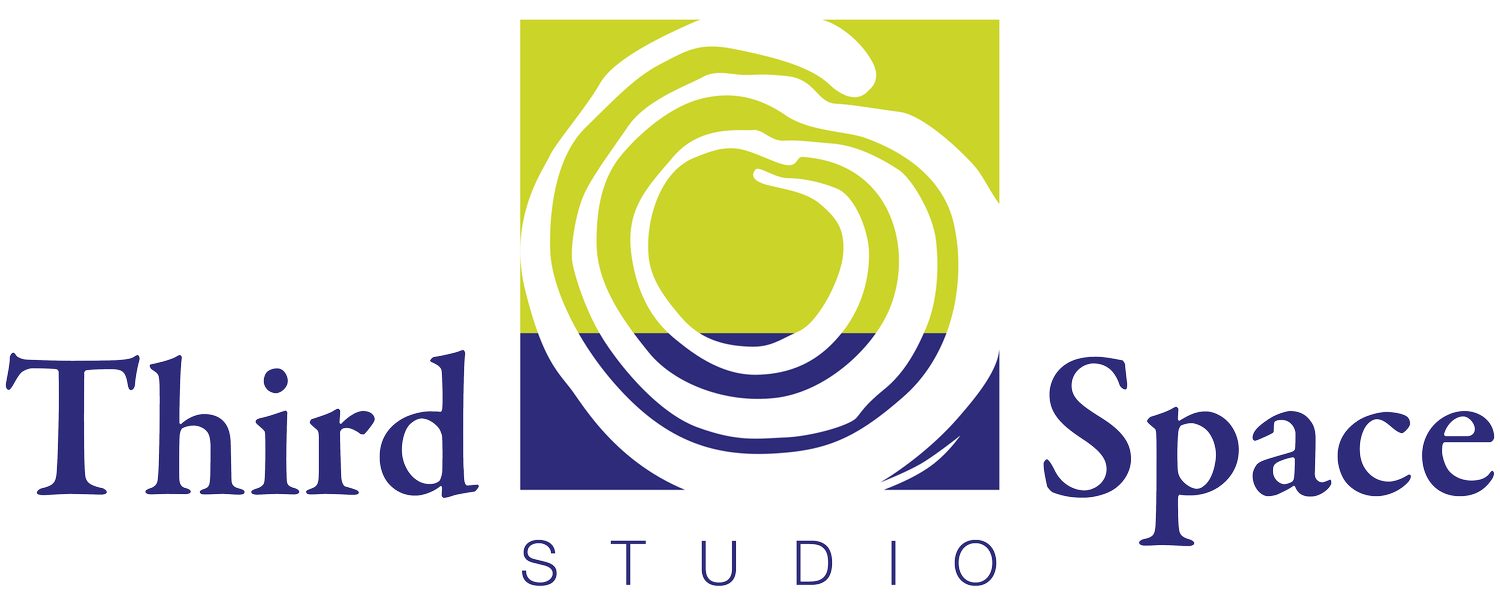Board meetings can be fabulous
Picture this: It's 6:30pm on a Tuesday evening and time for your board meeting. Board members drift in late, two join via Zoom, while others are spread around a large conference table. Once a quorum is present, the board chair opens the meeting with an icebreaker: “If you were a piece of fruit, what would you be?” Board members groan and good-naturedly share their responses. Then the last meeting's minutes are approved and the treasurer reviews the financial statements without questions or comments from the group. The executive director makes her report, including an update on recent staffing issues and programming changes. One or two board members jump in with multiple suggestions on how she can “fix the problems.” Next on the agenda, committee reports. Even though only one of the committees has met since the last meeting, each committee has a chance to report. Forty five minutes into the meeting, the chair asks for any “new business” without a response. Meeting adjourned.
Sound familiar? It's a pretty common board meeting pattern, frequently coupled with an executive director who's desperate to get a quorum at meetings and bemoans her board's lack of engagement.
We believe board meetings are an essential ingredient for an effective board. An effective board not only governs, but is responsible for navigating an organization through challenging times such as a shift in client needs, the loss of a significant funding source, or a leadership transition. Boards who have the ability to engage in thoughtful and strategic conversation can lead an organization to be more innovative and bold in its pursuit of impact.
Here are a few tips for cultivating a culture of engaging and productive board meetings:
Make the case for more meaningful meetings. If you're an executive director, start with a one-on-one conversation with your board chair. If you're a board chair, start a conversation with the executive committee and the executive director.
Do people find meetings to be a valuable use of time?
What would make them more valuable?
What are the conversations we ought to be having?
What role might the executive committee play in shaping board meetings and setting agendas?
Shift the focus from past to future. Too many board meetings are focused on the past: a review of financials and reports. Board members can’t do much to shift the past, so put these reports in a consent agenda. It's east to pull an item from the consent agenda if it warrants a deeper discussion. We’ve seen board members arrive having reviewed reports because the board used a consent agenda. It means committing to not reviewing reports in meetings - even if no one has read them in advance! Eventually, board members will do the advance work. Be persistent.
Define an annual cycle of conversations. Have the executive committee plan out an annual calendar of board conversations.
When will we talk about new board member recruitment and what we're looking for?
When will we have a forecasting conversation about next year’s budget?
When will we review the trends and driving forces impacting our strategies and programs?
When will we do a deep dive on our performance metrics?
What other conversations are important for us to have as an organization?
Build your board’s muscle for generative conversations that welcome an array of opinions and perspectives. Boards are at their best when they can engage with multiple viewpoints before making a decision. This doesn't come naturally to a group of people who don’t know each other and haven't practiced disagreeing with one another.
Use your board meetings to cultivate the capacity for tough conversations. Practice by dedicating time to discuss generative questions. We created a list of Generative Questions for Your Board to get you started.
Board members can engage with a question in pairs or small groups. This creates space for everyone to share their perspective and helps board members get to know how others think and what perspectives and knowledge individuals offer the board. A 10-minute paired conversation focused on a generative question provides far more value than a goofy icebreaker! A full group conversation on a generative question helps board members envision possibilities and potential risks.
Board meetings can be exciting and meaningful, we promise! They can be the vehicles for productive contributions of insight and knowledge. An engaged board is an essential ingredient to an impactful and sustainable organization.
If you want to learn more about designing and facilitating productive and engaging meetings of all varieties, check out our Better Meetings online course.
- Meredith and Heather


